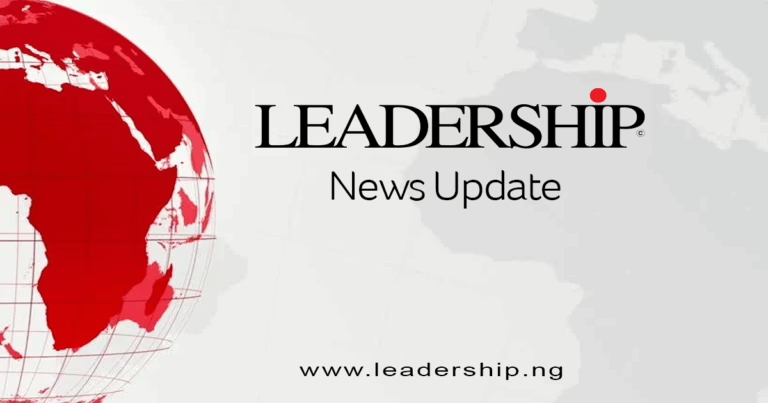In a concerted effort to see the Special Seats Bill enacted into law, women leaders from Nigeria’s political parties have joined forces to engage their male colleagues and legislators, advocating for the bill’s passage.
They have also committed to nominating and backing qualified female candidates to represent women in both federal and state legislative bodies.
These female political figures, united under the National Women Leaders’ Forum of Political Parties in Nigeria (NWLFPPN), shared their plans during a strategic meeting titled “Women Inclusion and the Special Seats,” hosted by the Policy and Legacy Advocacy Centre (PLAC) with support from the European Union (EU).
Representatives from 19 registered political parties and youth groups participated in the session.
Dr. Amina Darasimi Bryhm, president of NWLFPPN, outlined a dual-phase strategy: first, to secure the bill’s approval, and second, to ensure women elected through these special seats make a meaningful impact.
“Our unity amplifies our voice, enabling us to address the challenges we face more effectively. This is the foundation of our collaboration,” she explained.
“Once the bill is signed into law, women across all political parties will identify and support capable female candidates. We have already pinpointed strong women within our ranks who possess the skills and determination to contest these seats. Ultimately, we aim to have a single female representative who embodies the interests of all women,” Dr. Bryhm added.
Hajiya Sa’adatu Abdullah, the forum’s publicity secretary, emphasized their commitment: “Regardless of party affiliation, we will back our own to run in these elections.” However, to secure the 182 additional seats proposed for the National and State Houses of Assembly, they recognize the need to address concerns among male lawmakers who fear losing influence.
Barrister Ebere Ifendu, president of the Women in Politics Forum, reassured skeptics: “We are not seeking to displace anyone but to create dedicated seats for women. These seats will be contested by political parties, exclusively by female candidates.”
Ifendu also revealed plans to mobilize political allies to lobby members of the National Assembly, stating, “We have compiled a network of lawmakers to engage on this issue.”
Addressing the challenge of winning grassroots support, Ifendu highlighted their approach of engaging traditional, religious, and cultural leaders who hold sway over local communities.
“We will remind female candidates not to overlook grassroots women, who are the true voters. When these women understand the importance of their vote, they will back female candidates. It’s crucial that candidates see grassroots women as part of their constituency because this bill benefits every Nigerian woman,” she stressed.
Additionally, Prince Kennedy Chigozie, national youth leader of the Labour Party, praised the women’s initiative to involve youth in the discussion, recognizing young people as a vital force within the movement for women’s political participation and leadership.






















